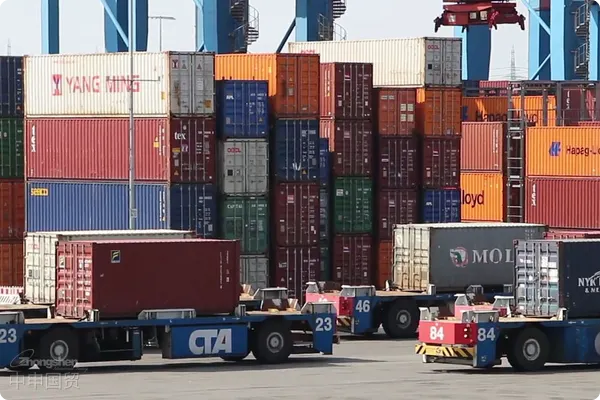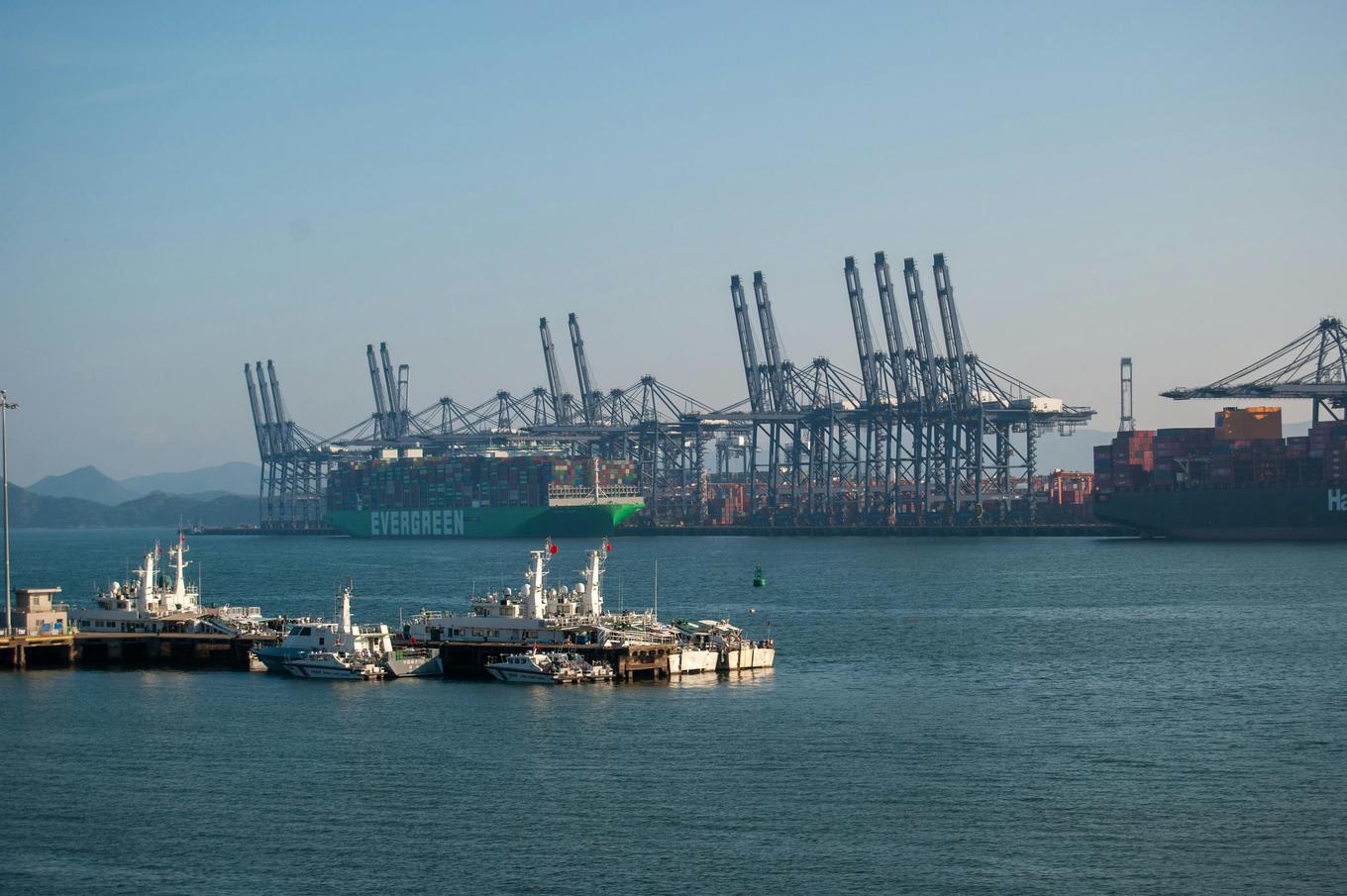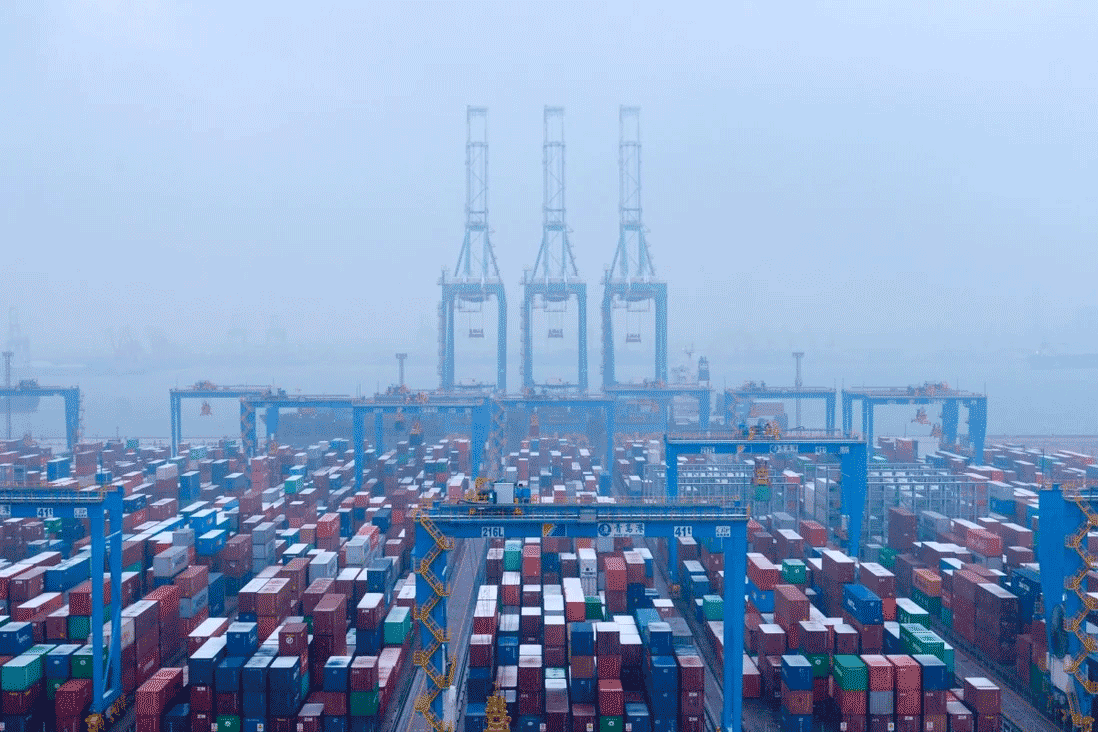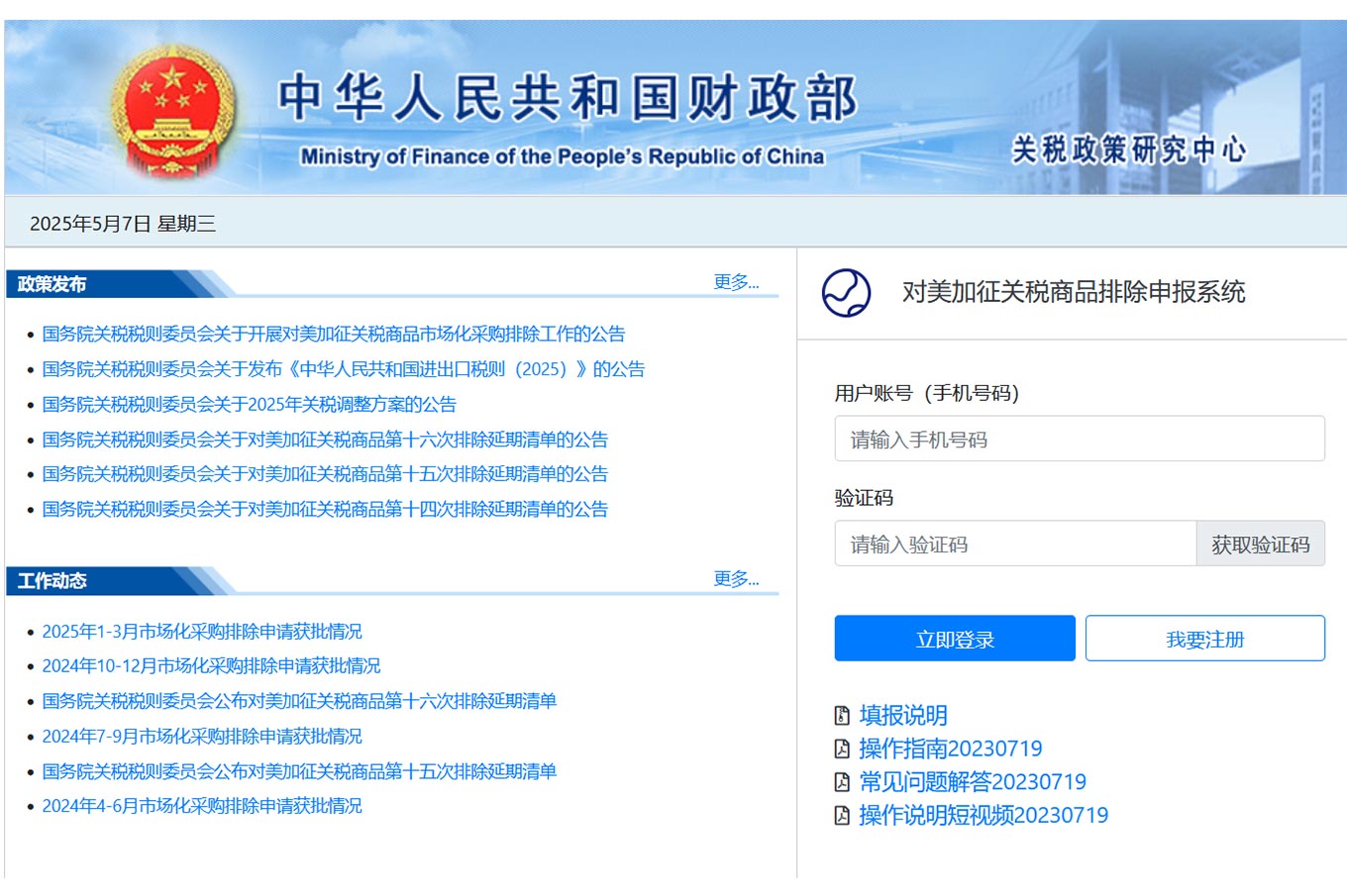- Shanghai Zhongshen International Trade Co., Ltd. - Two decades of trade agency expertise.
- Service Hotline: 139 1787 2118
Recently, news about Indonesias plan to impose tariffs of up to 200% on certain imported goods has drawn widespread attention and speculation in international markets. In response, the Indonesian government clarified that this measure is not targeted at any specific country, particularly not China.
Contents
ToggleGovernment clarifies misconceptions
On July 5, Indonesian Coordinating Minister for Maritime Affairs and Investment, Luhut Binsar Pandjaitan, clarified the speculation about the "200% import tariff." He stated that Indonesia's planned adjustment of import tariffs is aimed at protecting domestic industries and is not targeted at any specific country, let alone China.
Luhut explained that the original intention of this policy is to safeguard national interests and ensure that domestic industries can maintain competitiveness in the global market. He pointed out, "Indonesia will not simply follow certain countries, although we must protect our national interests. Therefore, the issue of imposing a 200% tariff on China needs to be clarified to avoid controversy and prevent misunderstandings among our partners."
Background and policy details
Indonesian Trade Minister Zulkifli Hasan recently announced that Indonesia would impose safeguard tariffs of 100% to 200% on imported products ranging from footwear to ceramics. This decision aims to revive plans to protect domestic industries but was quickly interpreted as targeting Chinese imports.
In response, Luhut stated that this news has sparked various misunderstandings and speculations. He explained that on June 25, 2024, Indonesian President Joko Widodo chaired a coordination meeting, during which it was decided to protect domestic industries in accordance with current regulatory provisions and applicable international trade norms. One of the specific measures is the implementation of safeguard tariffs on several textile products, but "these tariffs have already been in effect." Luhut emphasized that these measures apply to all imported goods without distinguishing specific countries of origin.
Strengthening import commodity supervision
In addition to safeguard tariffs, the Indonesian government plans to strengthen supervision of imported goods. Particularly for used clothing or smuggled goods entering Indonesia, stricter measures will be implemented to avoid disrupting domestic markets. This decision aims to ensure a healthy and fair domestic market while protecting the interests of local consumers.
Luhut stated that these measures are aimed at ensuring the stability and healthy development of the Indonesian market and are not targeted at any specific country, let alone China. He revealed that he is in communication with the Minister of Trade to balance national interests with international partnerships.
Emphasizing China-Indonesia strategic cooperation
In his clarification, Luhut emphasized that China is a very important strategic partner for Indonesia in trade and investment. The Indonesian government highly values its cooperative relationship with China and is committed to developing economic cooperation between the two countries based on principles of mutual trust, mutual respect, and complementarity. He noted that against the backdrop of increasing global economic uncertainty, Indonesia and China need to further strengthen cooperation to jointly address challenges.
Luhut stated, "We aim to ensure good relations with partner countries, prioritizing the principles of mutual trust, mutual respect, and complementarity. Especially under uncertain global conditions, it is even more necessary to move forward hand in hand."
Overall, Indonesia's clarification of the "200% import tariff" policy demonstrates its rational and pragmatic stance in the global economy. The Indonesian government has emphasized that this tariff adjustment is not targeted at any specific country, particularly not China. Moving forward, Indonesia will continue to refine its policies to safeguard the healthy development of its domestic industries while striving for mutual benefit and win-win cooperation with international partners.

Related Recommendations
? 2025. All Rights Reserved. Shanghai ICP No. 2023007705-2  PSB Record: Shanghai No.31011502009912
PSB Record: Shanghai No.31011502009912










